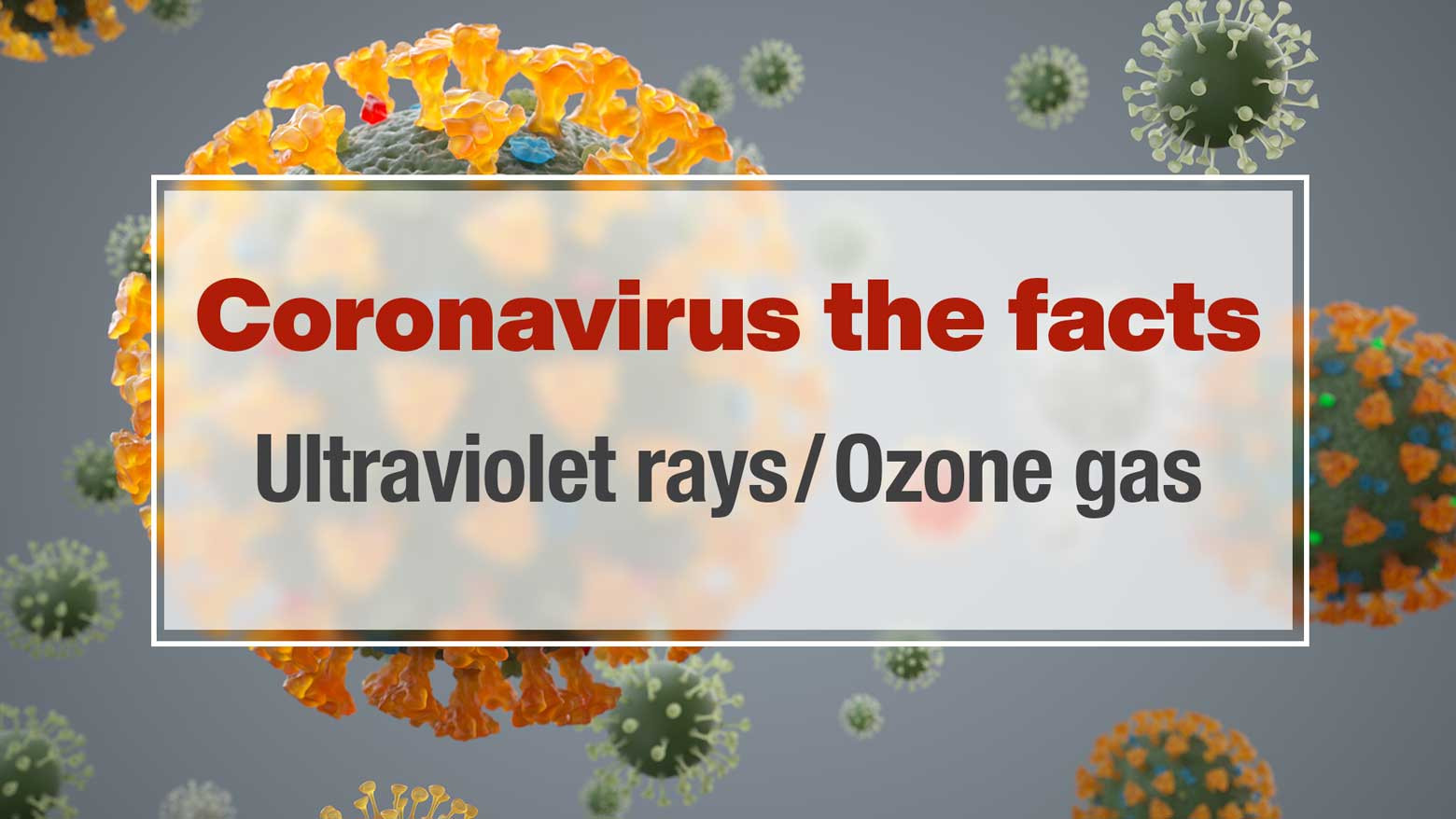This is part 19 of our coronavirus FAQ. Click here to read other installments: #Coronavirus the facts. Find the latest information and answers from experts on everything COVID-19.
Do ultraviolet rays kill the coronavirus?
Hiroshima University’s Professor Ohge Hiroki, an expert on infectious diseases, says that exposure to high intensity ultraviolet rays of a specific wavelength is believed to diminish the infectious capacity of viruses and bacteria.
Ohge says devices which emit ultraviolet rays are already used at the Hiroshima University Hospital to disinfect rooms where coronavirus patients have stayed.
However, Ohge says that sunlight is not believed to be effective in killing the virus. Although sunlight does contain ultraviolet rays, these are of various wavelengths not as powerful as those created by ultraviolet devices.
Does ozone gas kill the virus?
In May, a group of Japanese researchers released a report saying the infectious capacity of the coronavirus diminishes after about one hour of exposure to highly concentrated ozone gas. The gas used in the study had a concentration between 1ppm and 6ppm, a range that is harmful to humans.
Devices that use ozone gas for sterilization and deodorization and are sold for general use are unlikely to contain such highly concentrated ozone. It is not yet known if ozone in lower concentrations is effective in killing the virus.
Japan’s Consumer Affairs Agency is calling on users to demand that manufacturers of products claiming to be effective in preventing coronavirus infection provide scientific evidence.
Data in this article is accurate as of June 12, 2020.
